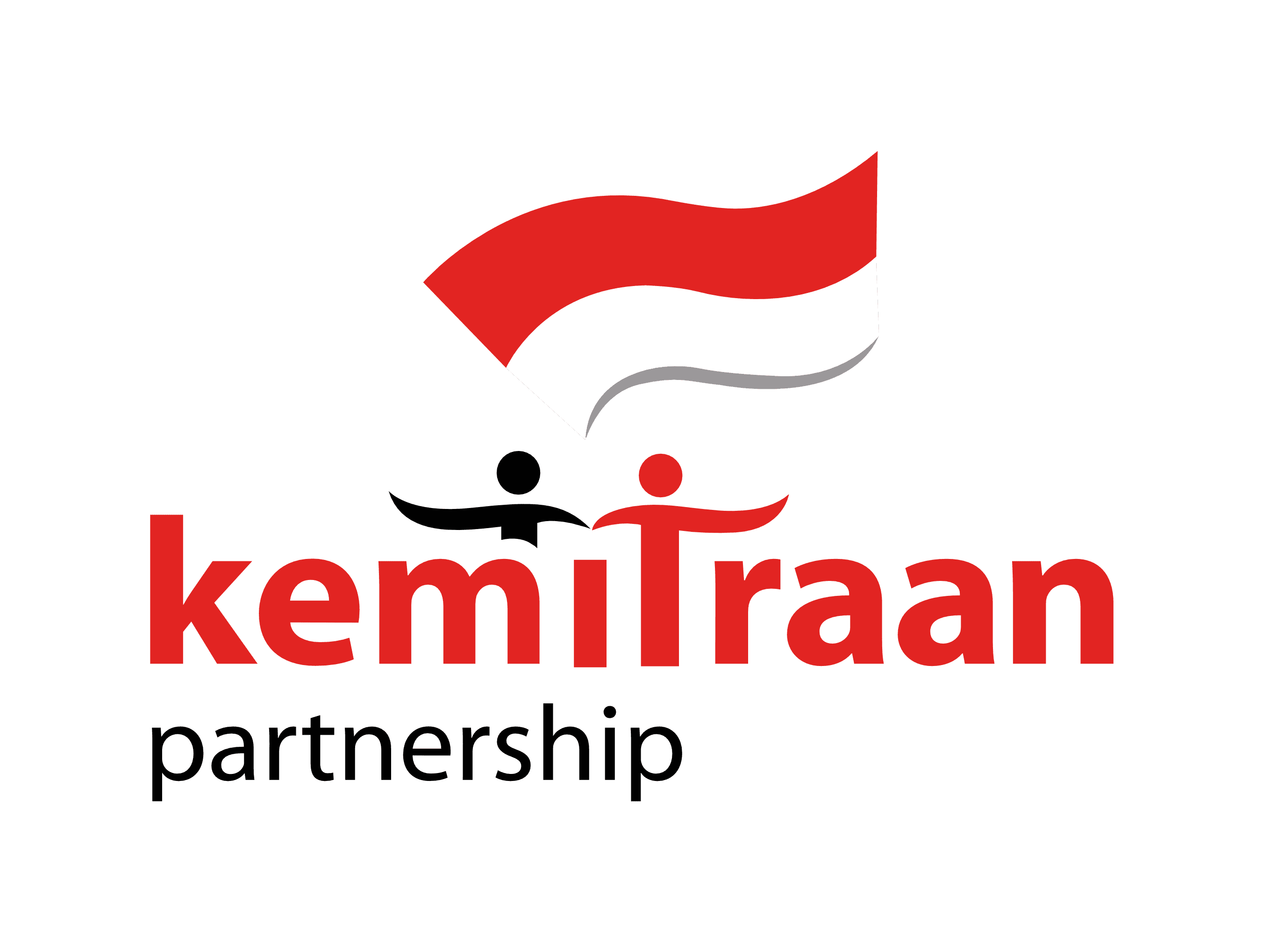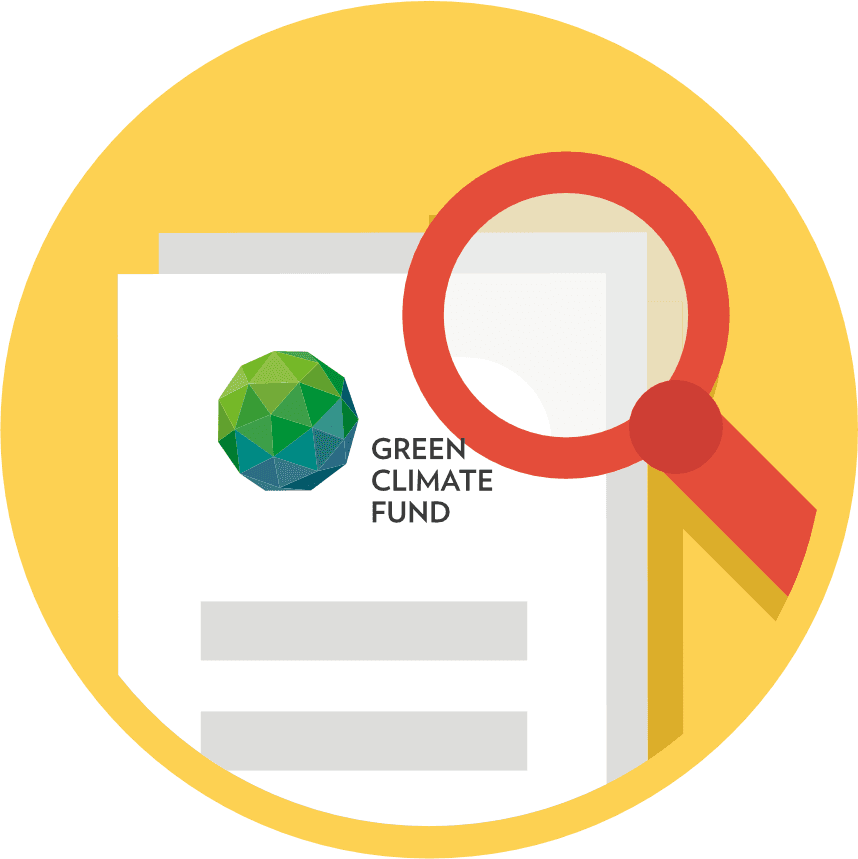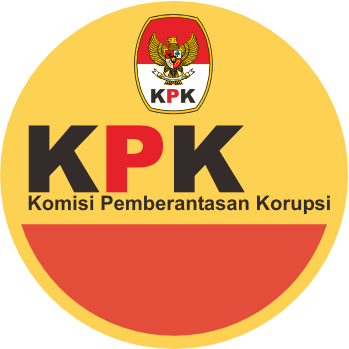
A thought piece by Laode M. Syarif, Executive Director of Partnership for Governance Reform (KEMITRAAN) in Indonesia and Senior Lecturer at Hasanuddin University, Faculty of Law. Dr Syarif is collaborating with the Exploring Responses to Corruption in Natural Resource Management and Conservation Practice initiative, incubated by the Luc Hoffmann Institute and the ongoing Targeting Natural Resource Corruption (TNRC) project. This article is published on the Luc Hoffmann Institute website.
In countries where corruption is pervasive in governance, working across sectors to report and address corruption holds much potential for anti-corruption actors. This is the case in Indonesia’s natural resources sector.
In Indonesia, corruption is largely driven by global supply and demand for palm oil, timber, pulp, and minerals. Intricate networks of powerful actors in finance, politics and business make it difficult to identify clear responsibilities and accountabilities for illegal actions.
From 2015 to 2019, I served as Commissioner of the Corruption Eradication Commission (Komisi Pemberantasan Korupsi). The KPK was established in 2003 as an independent public agency to investigate and prosecute corruption cases involving high-ranking public officials and law enforcement officers.
The impacts of corruption on conservation in Indonesia
The impacts of corrupt activities on our natural ecosystems, resources and local communities are marked. KPK studies conducted during my term as Commissioner revealed that almost 3 million hectares of natural forests had already been illegally cleared to make way for palm oil plantations even though these areas are still registered as natural forests by the government. As a result of both legal and illegal logging, Indonesia has one of the highest rates of deforestation in the world.
The loss of biodiversity and habitat for endemic fauna and flora is unmistakable as large plantations are often situated within national parks. In addition, soil and water sources are polluted, and local communities’ way of life is impacted as people’s food plantations and livelihoods are destroyed.
Read more on Luc Hoffmann Institute blog.






